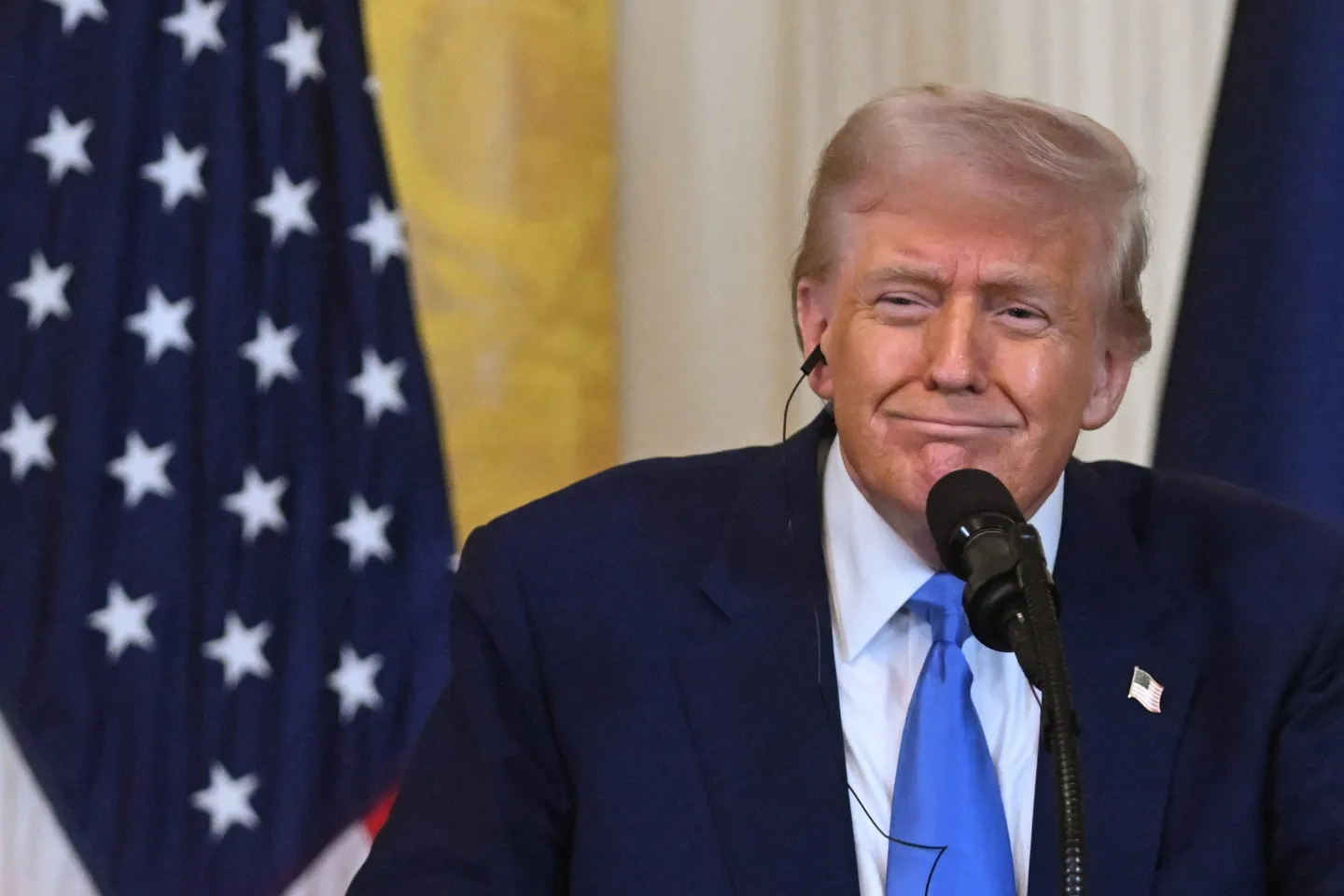Trump Administration Unveils ‘America First’ Investment Policy

New Policy Aims to Strengthen U.S. Economy and National Security
In a significant shift in U.S. investment regulations, the Trump administration has launched the “America First Investment Policy”, designed to strengthen national security, protect critical industries, and reduce foreign influence over the U.S. economy.
The policy introduces stricter CFIUS (Committee on Foreign Investment in the United States) reviews and heightened restrictions on foreign investments, particularly from adversarial nations like China and Russia. It also promotes domestic reinvestment, aiming to boost American manufacturing, technology, and infrastructure sectors.
Key Elements of the ‘America First’ Investment Policy
National Security Enhancements
-
Stricter CFIUS oversight on foreign investments in industries like AI, cybersecurity, telecommunications, and energy.
Increased restrictions on investments linked to government-controlled economies.
Protecting American Businesses & Jobs
-
Encouraging domestic companies to prioritize U.S. investment over foreign capital.
Tax incentives and subsidies for American manufacturers to reduce dependency on foreign supply chains.
Restrictions on Investments from China & Russia
-
Targeting real estate acquisitions near military bases and government facilities.
Limiting access to sensitive data and intellectual property.
Boosting American Competitiveness
-
Enhancing trade policies to protect small businesses and startups from hostile takeovers.
Strengthening export control regulations to prevent unauthorized technology transfers.
Impact on Foreign Direct Investment (FDI)
Decrease in Foreign Investments
With heightened scrutiny, foreign investors may reconsider entering the U.S. market, particularly in high-tech and manufacturing industries.
Shift Toward Allied Nations
While investments from China, Russia, and other adversarial countries will face restrictions, allied nations like Canada, the UK, Japan, and Australia may continue investing with fewer hurdles.
Concerns from the Business Community
Many U.S. business leaders support the policy’s focus on national security and job creation, but some worry it could slow economic growth by limiting access to foreign capital.
China and Russia React
-
China: Officials from the Chinese Ministry of Commerce criticized the policy, calling it an unfair trade restriction that could lead to economic retaliation.
Russia: The Russian Ministry of Economic Development accused the U.S. of using investment laws to undermine foreign competition.
